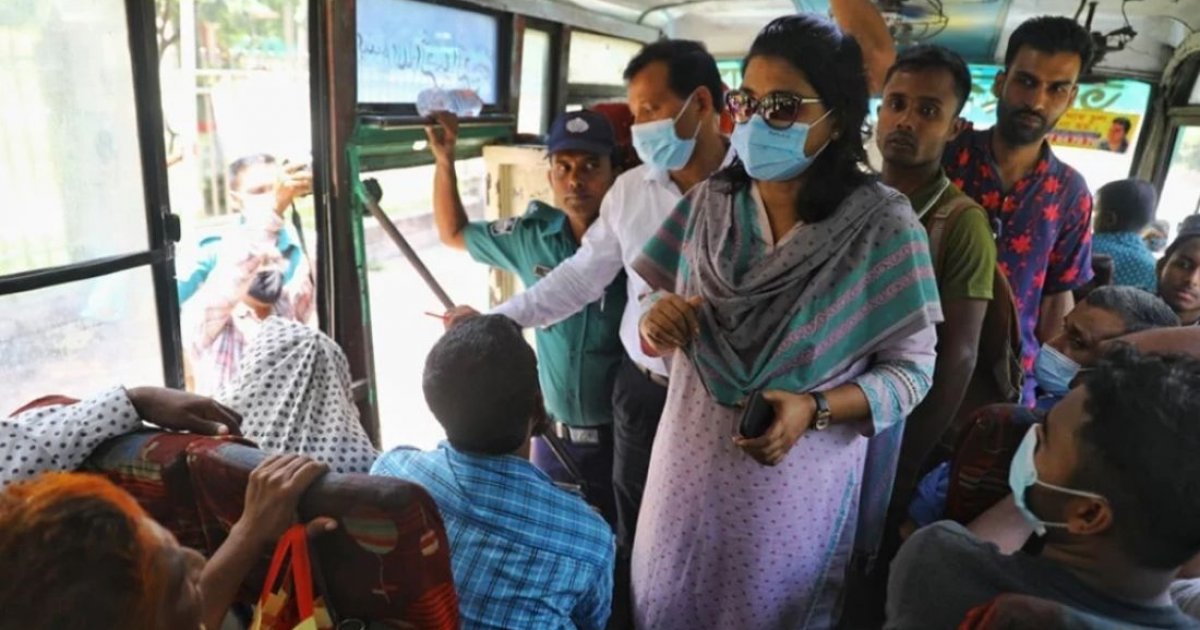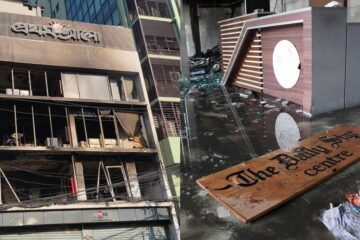but the project was never expanded.
Samira Akter, general secretary of Aanchal Foundation, said her organization has long urged the government to install CCTV cameras in all buses.
“If buses were monitored, offenders couldn’t get away so easily,” she said.
Women-only bus service
The Bangladesh Road Transport Corporation (BRTC) launched a women-only bus service in 1998, later expanding it to Dhaka and nearby districts.
But today, only nine buses operate across the capital, covering limited routes such as Mirpur–Motijheel and Demra–Motijheel.
Many commuters don’t even know these routes exist.
“I travel to college four days a week and face harassment regularly,” said Tahmina Akter, a student of Nazrul College.
“If there were dedicated women’s buses, many of us would be safer.”
Nurse Sushama Akter, who travels from Kolabagan daily, echoed that sentiment: “I’ve faced harassment countless times. I can’t afford private transport. Separate buses for women would make a real difference.”
BRTC Deputy General Manager (Operations) Shukdev Dhali said: “We can’t expand the service without a government directive. Once approved, women’s buses will run on all routes.”
Legal gaps, weak enforcement
Activists stress that Bangladesh lacks strong enforcement mechanisms to address sexual crimes on public transport.
Aanchal Foundation has proposed mobile courts to punish offenders on the spot.
“People rarely report harassment because it’s time-consuming and humiliating,” said Samira Akter.
“If mobile courts acted immediately, it would send a powerful message.”
She added that driver and helper ID cards should be displayed clearly, and buses should never carry more passengers than seats.
“These simple steps can make travel safer for women,” she said.
Anima, however, has little faith in change.



